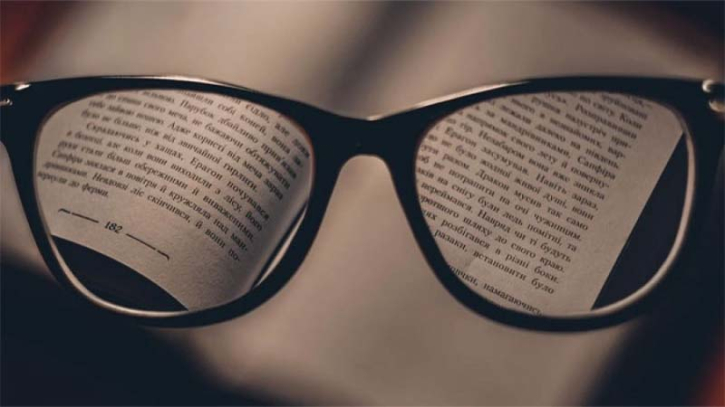Glasses Alternatives: Facts and Myths

When you visit an eye doctor, you often end up being prescribed glasses. The notion that you’ll need to increase your prescription regularly and that glasses will become a lifelong companion is a common belief in society. This misconception leads many to avoid regular eye check-ups. However, it’s essential to have your eyes examined at least once a year, especially for children and patients with diabetes.
Why are glasses necessary, who needs them, and is it possible to be free of glasses after some time? These are questions that often arise. Let’s clarify some of these misconceptions.
Those with vision problems—either near or far—who benefit from wearing glasses will need to continue using them. Generally, individuals born with abnormalities in the shape of their eyes will require glasses.
Now the question arises: How long will one need to wear glasses? Will glasses be needed for a lifetime, or can they be discontinued after some time?
Typically, the prescription may change every 4 to 6 months, particularly until the age of 20 or 21. Your eye doctor will be able to inform you through regular follow-ups whether you’ll need to continue wearing glasses. In many cases, lifelong glasses use may be necessary.
Even with normal vision, glasses may be prescribed as part of the treatment for conditions like astigmatism.
Are there any alternatives to glasses?
No, there aren’t. There are no alternatives to glasses, but procedures like LASIK and other refractive surgeries can offer a way to be free of them. However, before undergoing these surgeries, certain tests must be conducted to determine whether the patient is suitable for LASIK or similar procedures. Decisions regarding any surgery should be made based on the advice of an eye specialist.
Stay vigilant and don’t forget to have regular eye check-ups!
 (5).png)








